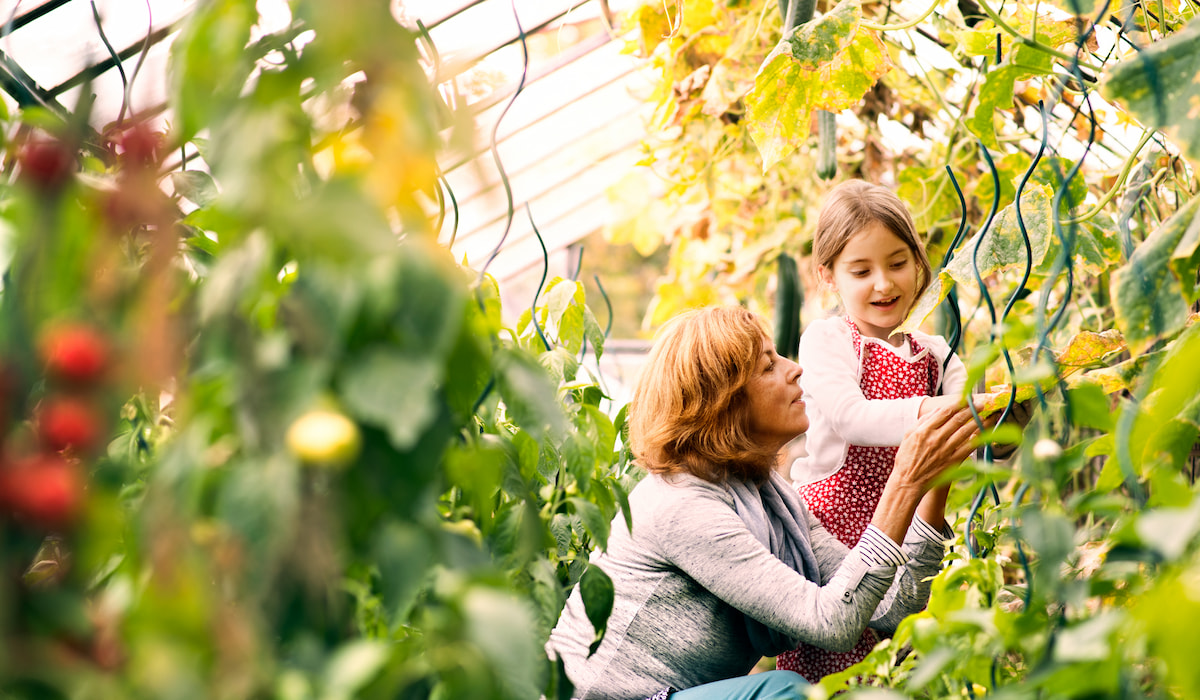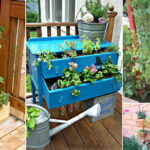Gardeners, both seasoned and novices alike, often extol the myriad benefits associated with nurturing plants and cultivating outdoor spaces. Yet, what precisely brings about this sense of satisfaction and relaxation? As the world continues to accelerate in pace, the reverberating call of nature reminders becomes increasingly alluring. To comprehend why people find joy in gardening, we must examine the intricate interplay of physical, psychological, and social elements that contribute to its charm.
Gardening encompasses a unique confluence of activities, ranging from cultivation to design, encouraging an engagement with the natural world that can be both stimulating and meditative. In this exploration, we will articulate the multifaceted aspects that not only elucidate why gardening is enjoyable but also unravel the layers that make it a profoundly relaxing endeavor.
Through understanding these aspects, we may inspire a younger audience to embrace gardening as not merely a hobby, but as a transformative practice that resonates with the rhythm of the earth itself.
The Physical Benefits: A Symphony of Movement
Engaging in gardening is not merely an act of nurturing plants; it is also a dynamic form of physical exercise. Although it might not resemble the intensity of traditional workouts, gardening offers considerable benefits that can contribute to overall well-being. Activities such as digging, planting, weeding, and pruning engage various muscle groups, promoting strength, flexibility, and endurance.
Furthermore, many studies have shown that physical activity plays a vital role in mental health. According to research published by the American Psychological Association, exercise generates endorphins—hormones that act as natural painkillers and mood enhancers. Meaningful movement in the garden, therefore, not only contributes to physical fitness but also serves as a natural antidote to stress and anxiety. The simplicity of pulling weeds or lifting a spade offers tactile engagement that is both grounding and anchoring to the present moment.
Alternatively, gardening presents itself as a remedy for the increasingly sedentary lifestyle that characterizes contemporary living. In a world dominated by screens and virtual interactions, the tactile satisfaction of working with soil fosters a profound connection to the earth. The act of sowing seeds or nurturing seedlings may activate an intrinsic longing for authenticity, enabling individuals to experience the world through direct interaction rather than passive observation.
Psychological Thrill: The Garden as a Therapeutic Oasis
A garden acts as more than a collection of plants; it serves as a sanctuary for the mind—a therapeutic retreat from the frenetic energy of everyday life. The psychological benefits of gardening extend beyond mere relaxation to encompass a holistic spectrum of emotional wellness. Research has consistently indicated that connecting with nature fosters feelings of tranquility, lowering levels of cortisol, known commonly as the stress hormone.
A pivotal aspect of this psychological engagement is the cultivation of mindfulness. Gardening encourages individuals to focus their attention on the present, enamored by the minutiae of the natural processes unfolding before them. The simple act of nurturing a plant—observing its growth, monitoring its needs, and responding to its signals—instills a profound appreciation for the subtleties of life. This mindful engagement serves as a form of meditation, dismantling the clamor of distraction and inviting serenity.
Additionally, the act of gardening offers an opportunity for self-expression and creativity. The selection of plants, the design of garden beds, and the potential for artistic landscaping all contribute to an individual’s sense of agency and identity. For many, the garden transforms into a canvas—an ever-evolving artwork that reflects personal tastes, values, and aspirations. In this sense, gardening becomes an endeavor imbued with personal significance, further cementing its allure.
Community Engagement: Connections Rooted in the Soil
There exists a communal aspect to gardening that enriches the experience in profound ways. Whether participating in community gardens, sharing gardening tips with neighbors, or exchanging produce, the act of gardening has the potential to foster connections. As collective endeavors, community gardens become spaces where individuals unite, cultivate relationships, and create a shared sense of purpose.
Engaging with others in these communal initiatives not only shifts the perception of gardening as a solitary activity but also emphasizes its role in promoting social cohesion. The act of working together fosters collaboration, a sense of belonging, and mutual encouragement, which are invaluable in our hyper-connected yet often fragmented society.
Moreover, involvement in gardening initiatives enhances environmental consciousness. By collaborating in local gardens, individuals develop an appreciation for sustainability and biodiversity. This aspect resonates especially with the younger generation, whose collective consciousness is increasingly aligned with ecological responsibility. Demonstrating that they can tangibly contribute to the health of their communities encourages engagement and a deeper connection with the earth.
Plant a Seed: Empowering Young People through Gardening
To cultivate a passion for gardening among younger generations, it is essential to present it as an invigorating and multifaceted experience rather than a mundane chore. Offering accessible workshops and youth-oriented community projects can demystify this age-old practice, transforming it into an appealing and educational endeavor. Programs that incorporate technology can further enrich the experience, allowing younger participants to engage digitally while also interacting with the natural environment.
Furthermore, the integration of gardening into educational curricula can pique interest. Schools that implement gardening programs not only provide students with hands-on learning opportunities but also cultivate a sense of stewardship towards nature. This environmental literacy can inspire a lifelong appreciation for sustainable practices and foster a connection to the local ecosystem.
Ultimately, individuals from all walks of life have the potential to reap a myriad of benefits from gardening. Beyond the tangible growth of flora, the experience offers profound physical, psychological, and communal rewards. Engaging with the earth through gardening serves as a powerful reminder of our interconnectedness with nature. Through this exploration, it is evident that gardening can unveil layers of joy, tranquility, and community engagement, inviting individuals—especially the youth—to cultivate their own meaningful connections with the world around them.
As we venture outdoors and dig our hands into the soil, we may unearth not just plants but also a deeper understanding of our place within the tapestry of life. By nurturing the earth, we cultivate ourselves, building a future rooted in sustainability and compassion.









Leave a Comment